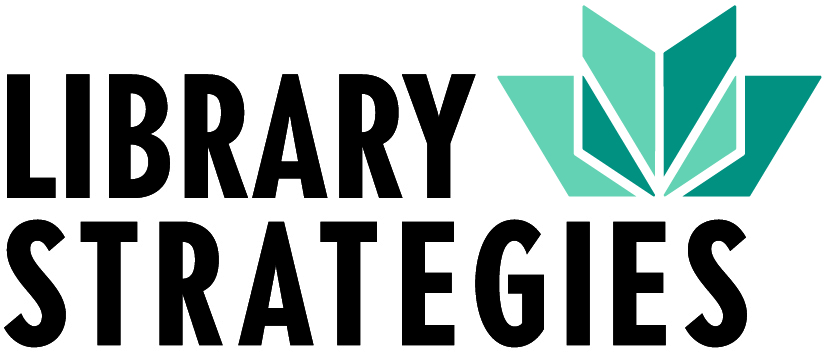Following-up On Your Grant Proposal

“Congratulations, you have been awarded a grant!” This is wonderful news and well worth celebrating, but don’t forget to:
Call and say “thank you.” This should be done by your fundraising volunteer who assisted with the process, or by you or your organization chair or president—preferably on the same day you receive notification.
Write a thank-you letter. If you have received the funds, the letter should also include language about tax deductibility.
Call the project manager and arrange a time to sit down and discuss the actual implementation. Ask that person to decide who else should attend this meeting.
Mark your calendar with the dates when interim and/or final reports are due.
Share the fact that you have received this grant—and why—with your volunteers, staff, and the community.
Communicate. Depending on the scope of the project, check back with the project manager monthly to ensure that things are moving ahead as planned. If you start to recognize problems or doubt the project will happen within the proposed timeline, communicate with your funder by the halfway point. Don’t wait too long to alert your funder to a serious challenge.
Remember to stay in touch with your funder as time goes by. That staff member(s) will likely appreciate an email with an anecdote about the project.
What happens if you’ve gone to all this trouble, and you don’t get the grant?
Don’t take it personally. Funders commonly receive applications requesting far more than they have to distribute. Rejection of your proposal doesn’t mean it isn’t worthwhile or well-written. It just means that decision makers’ priorities caused others’ needs to be considered more urgent than yours.
Find out why your proposal was rejected. Call the same foundation staff member you spoke with earlier and ask him or her to help you understand why your proposal was not accepted, and what you could have done to make it stronger. (There might not be anything you could have done differently.) Some funders will let you read the proposals that were approved for funding, so you can always ask to see those too.
Say thank you. A gracious and sincere letter of thanks is always in order. Take the time to write the foundation (address it to someone in particular, perhaps the program officer) and express your appreciation for the opportunity to have your request considered. Thank them for the time spent on it and say that you are looking forward to applying again in the future. This final piece of communication is another way to build a positive relationship.
Six Common Reasons Why Grant Proposals Do Not Get Funded:
- Your request did not match the funder’s priorities. Avoid this by doing your research first. If you’re still in doubt, consider phoning a program officer or other staff member at the funding organization and ask him or her if your library’s program or service fits within their guidelines.
- Your proposal did not follow the funder’s required format. This can give a funder the idea that you are careless. Do not let this happen.
- Your proposal was poorly written and hard to understand. Avoid this by asking an outside reader to review your proposal and find any parts that do not flow well or are otherwise unclear.
- Your proposal did not convince the funder that it serves an urgent need. Make sure you write with passion and persuasion.
- Your proposal requested more money than the funder normally gives. Do your research and ask for an appropriate amount.
- The funder has allocated all funds for this grant cycle. Look up the funder’s next deadline and try again.

